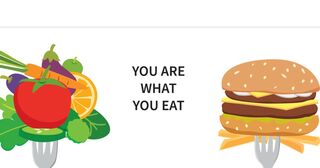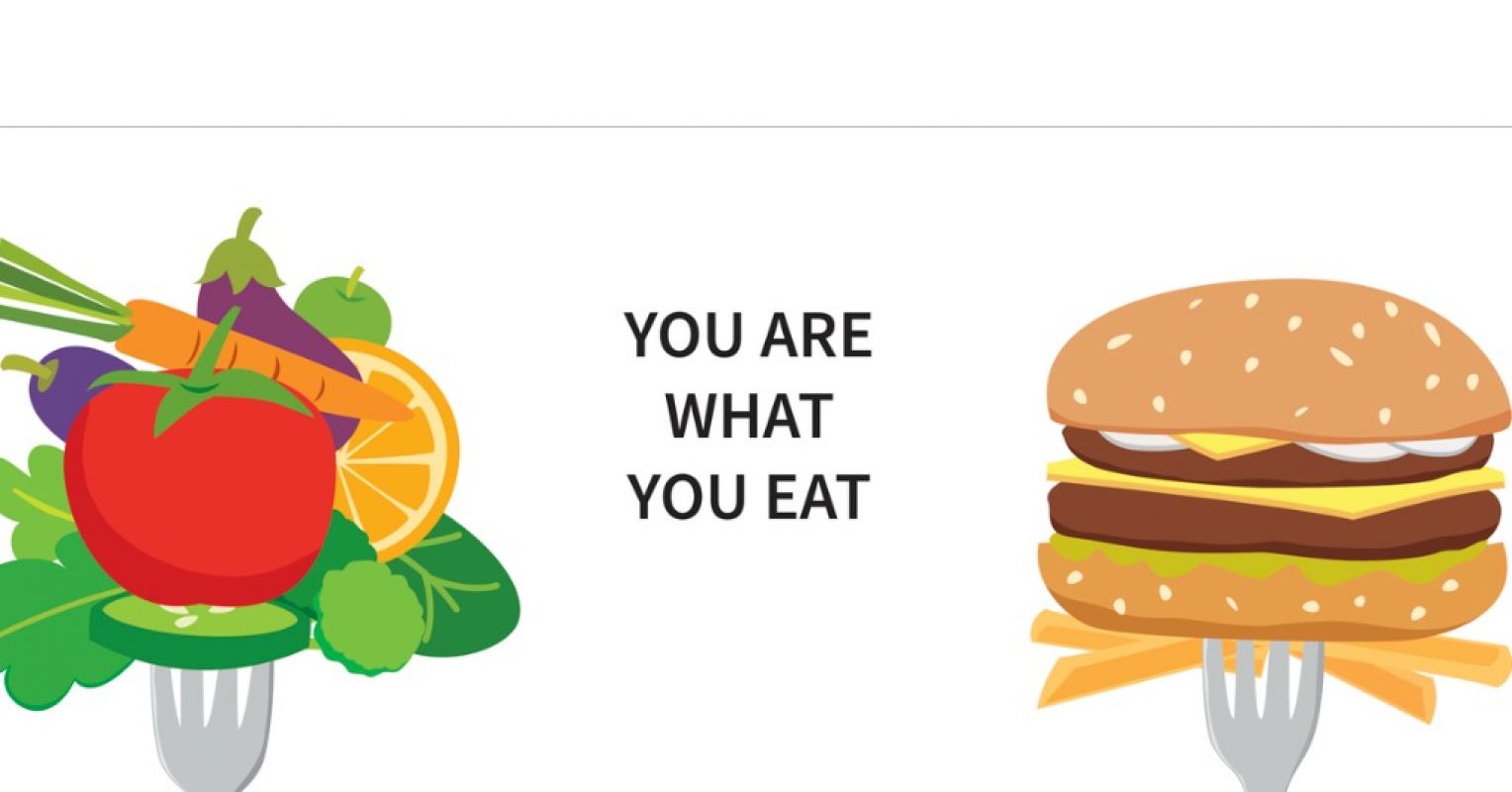By Gia Marson, ED.D.
The messages “you are what you eat” and “clean taking in is healthy” are pervasive. And deceptive.
Clear taking in essentially implies that any other variety of feeding on – and as a result the eater of it – is filthy or impure and thus lousy, and it truly is not simply a way of shaming and persecuting other folks, but sales opportunities to that self-shaming and self-persecution that is forcibly harmful to real balanced ingesting.―Nigella Lawson

Supply: Courtesy of kaisorn/istockphoto
Suggestions about wholesome consuming and the well-known diet programs that assist them go by means of a selection of fads, but they pretty much always have one point in typical: they centre all around the fantasy that there is one suitable bodyweight, fitness stage, and overall body variety that all of us need to aspire to.
At this time, we’re looking at a challenging-to-dispute fad: the diet program mindset identified as “clean feeding on.” Unfortunately, the phrase “clean eating” is usually taken care of as synonymous with “healthy feeding on.” But, it is not the very same as healthy consuming. Clear having centers all over consuming particular sorts of foodstuff and a restriction on other types of foodstuff. Not only does this pattern mask disordered having routines, but it also perpetuates a selection of unhealthy messages that could lead to an ingesting condition or stall full restoration from a single:
- There is one rigid “right way” or “best way” to try to eat.
- Wholesome taking in is very a great deal the very same for everybody.
- Labeling foods as “healthy food” and “junk food” is beneficial.
- Fearing sure food groups is an enlightened viewpoint.
- We should come to feel guilty when we really do not follow “healthy” meals regulations, this sort of as “clean eating.”
- We can only be physically healthier when we consume according to external tips.
- We are what we try to eat hence, we should hyperfocus on it.
- People who try to eat thoroughly clean have far more willpower than those who do not.
What characterizes clean taking in compared to nutritious having?
“Clean eating” usually refers to consuming foodstuff deemed healthy, including refreshing fruits and vegetables, whole grains, and other foods that have been really minimally processed.
But applied as a misnomer for “healthy,” “clean” can suggest various factors to distinct men and women. For some, it may perhaps necessarily mean everything gluten-no cost. For others, dairy-totally free or vegan. Additionally, hyper-concentrating on rigid “clean” beliefs about food stuff alternatives, food manufacturing, and food stuff planning can consider up time and vitality.
In contrast, healthful taking in is diverse, adaptable, and responsive to a person’s hunger and fullness cues, health wants, schedule, preferences, life style, health care disorders, and food items accessibility.
How can clean feeding on go erroneous?
When some folks may perhaps use cleanse ingesting as a launching pad for ingesting a a lot more balanced diet plan, it also holds the probable to build into a mounted dieting attitude and restrictive, rule-driven ingesting behaviors. When wholesome taking in becomes rigid, it can escalate into an feeding on disorder such as orthorexia nervosa, a affliction described by an harmful obsession with “healthy” consuming.
Investigation tells us that symptoms of orthorexia are remarkably widespread in men and women with both equally anorexia nervosa and bulimia nervosa and that indications of orthorexia may raise immediately after procedure for an consuming ailment.
Healthful ingesting is (commonly) not rigid.
Permit go of toxic control, in get to regain balanced handle. ―Kayla Rose Kotecki
There is a compact section of the inhabitants for whom it makes superior sense to be highly careful and even rigid when it will come to what they try to eat, such as individuals identified with style 1 diabetic issues or celiac disorder. Having said that, for most of us, when it will come to how we take in and think about food, all-or-absolutely nothing labels, like superior/bad, correct/completely wrong, and healthy/junk, can interfere with our health.
The truth about feeding on perfectly is a lot more responsive, flexible, individualized, and nuanced:
- Nutritious taking in is distinctive for all people.
- Hyper-concentrating on food is not nutritious for most of us.
- Taking in a broad wide variety of meals often turns out to be finest for making a wholesome gut biome.
- Ruminating about any just one consuming attitude shuts down other facets of a total, meaningful everyday living.
When it comes to differentiating amongst a preference for a single way–eating whole, natural and organic, minimally processed foods–and something more rigid and severe, it’s handy to glimpse at how your way of thinking and behaviors influence you. A good rule of thumb is that if your ideas about consuming are setting up to choose up a whole lot of time or harming your life, thoughts, or social behavior, then it is time to get some skilled enable.
Therapy Selections
Your behaviors and surroundings can bring about modifications that affect the way your genes perform. Contrary to genetic alterations, epigenetic variations are reversible and do not modify your DNA sequence, but they can change how your physique reads a DNA sequence.—CDC on genetics and precision well being
Clean eating arrives with challenges to some folks centered on genetics. If you have a specified style of genetic loading, maintaining a rigid diet and embracing obsessive and all-or-almost nothing wondering might alter how your genes are expressed, turning them on or off. That clarifies why one person may perhaps be at threat for really serious bodily and mental wellness issues such as anorexia nervosa or bulimia nervosa- soon after starting up to “eat cleanse,” while a different could be significantly less susceptible.
When additional investigate is needed pertaining to the therapeutic outcomes of therapy for the rigid way of thinking and behaviors of an unhealthy fixation on thoroughly clean having or orthorexia, present follow indicates that medication, psychoeducation, nutritional counseling, and remedy are efficient.
Hold in thoughts that fads, eating plans, and even professionals who purport to have the answers about foodstuff that apply to all people ought to be achieved with an abundance of caution. Previous, how and what we eat does not make us ethical or immoral, for how can we be “dirty eaters” if we pick a route additional fitting for our life style, tastes, and whole wellness?
